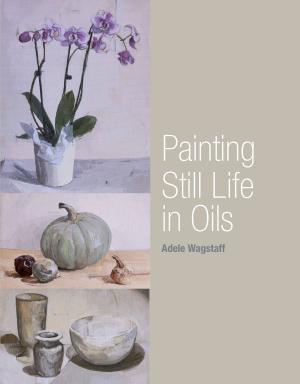Victorian and Edwardian British Industrial Architecture
Nonfiction, Art & Architecture, Architecture, History| Author: | Lynn Pearson | ISBN: | 9781785001901 |
| Publisher: | Crowood | Publication: | August 31, 2016 |
| Imprint: | Crowood | Language: | English |
| Author: | Lynn Pearson |
| ISBN: | 9781785001901 |
| Publisher: | Crowood |
| Publication: | August 31, 2016 |
| Imprint: | Crowood |
| Language: | English |
By the end of Queen Victoria's reign, factories had become an inescapable part of the townscape, their chimneys dominating urban views while their labourers filled the streets, coming and going between work and home. This book is concerned with the architecture, planning and design of those factories that were part of the second wave of the industrial revolution. The book's geographical range encompasses the whole of the British Isles while its time span covers the Victorian and Edwardian eras, 1837- 1910, and the period leading up to the First World War. It also looks back to earlier buildings and gives some consideration to the interwar years and beyond, including the fate of our factory heritage in the twenty-first century. Factories, not surprisingly given their early working conditions, have had a bad press. It is sometimes forgotten that they were often the centres of thriving local communities, while their physical presence and wonderfully varied buildings enlivened our towns and cities. It is time for a new look at factory architecture. Well illustrated with 150 colour and black & white photographs.
By the end of Queen Victoria's reign, factories had become an inescapable part of the townscape, their chimneys dominating urban views while their labourers filled the streets, coming and going between work and home. This book is concerned with the architecture, planning and design of those factories that were part of the second wave of the industrial revolution. The book's geographical range encompasses the whole of the British Isles while its time span covers the Victorian and Edwardian eras, 1837- 1910, and the period leading up to the First World War. It also looks back to earlier buildings and gives some consideration to the interwar years and beyond, including the fate of our factory heritage in the twenty-first century. Factories, not surprisingly given their early working conditions, have had a bad press. It is sometimes forgotten that they were often the centres of thriving local communities, while their physical presence and wonderfully varied buildings enlivened our towns and cities. It is time for a new look at factory architecture. Well illustrated with 150 colour and black & white photographs.















